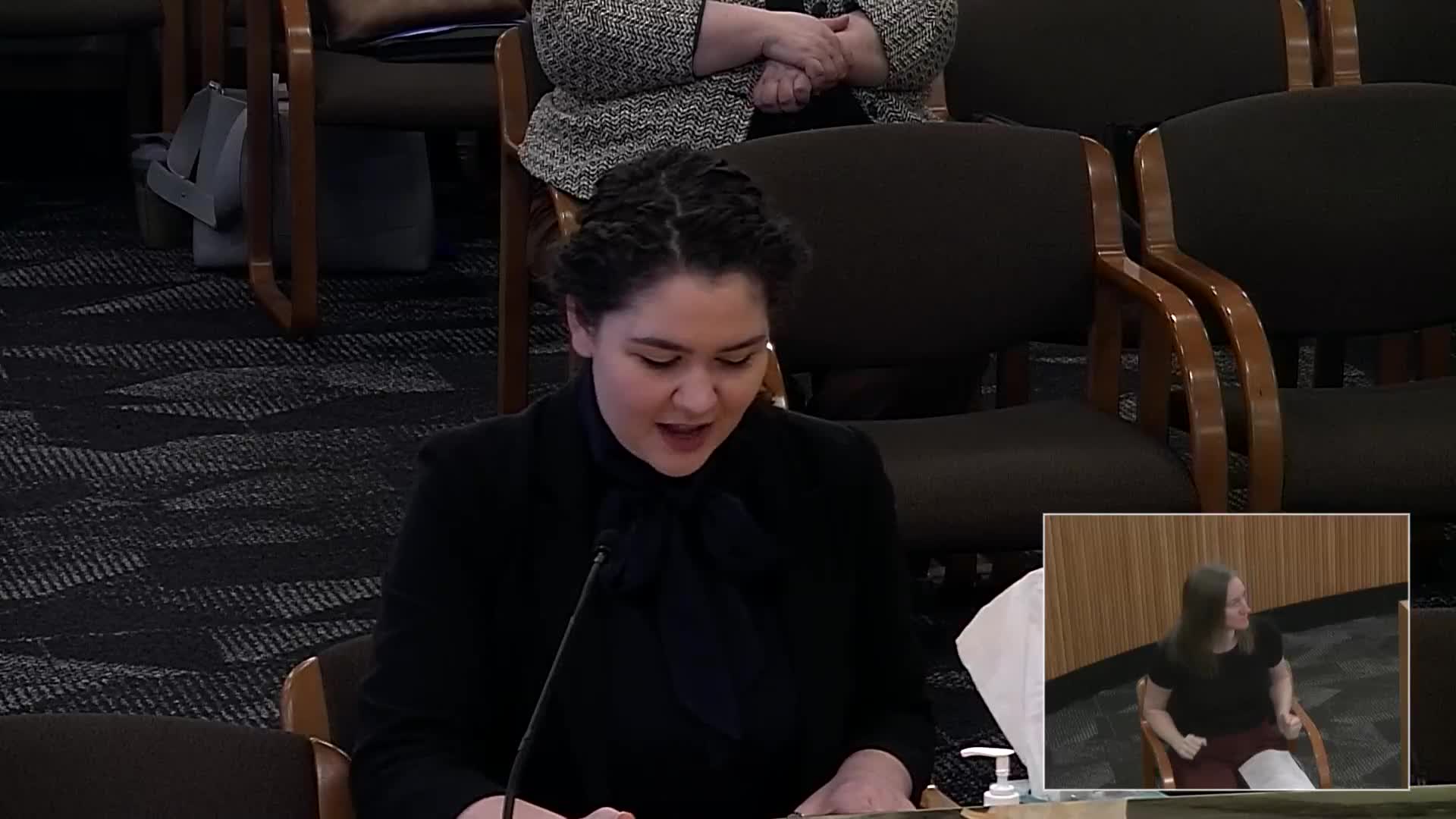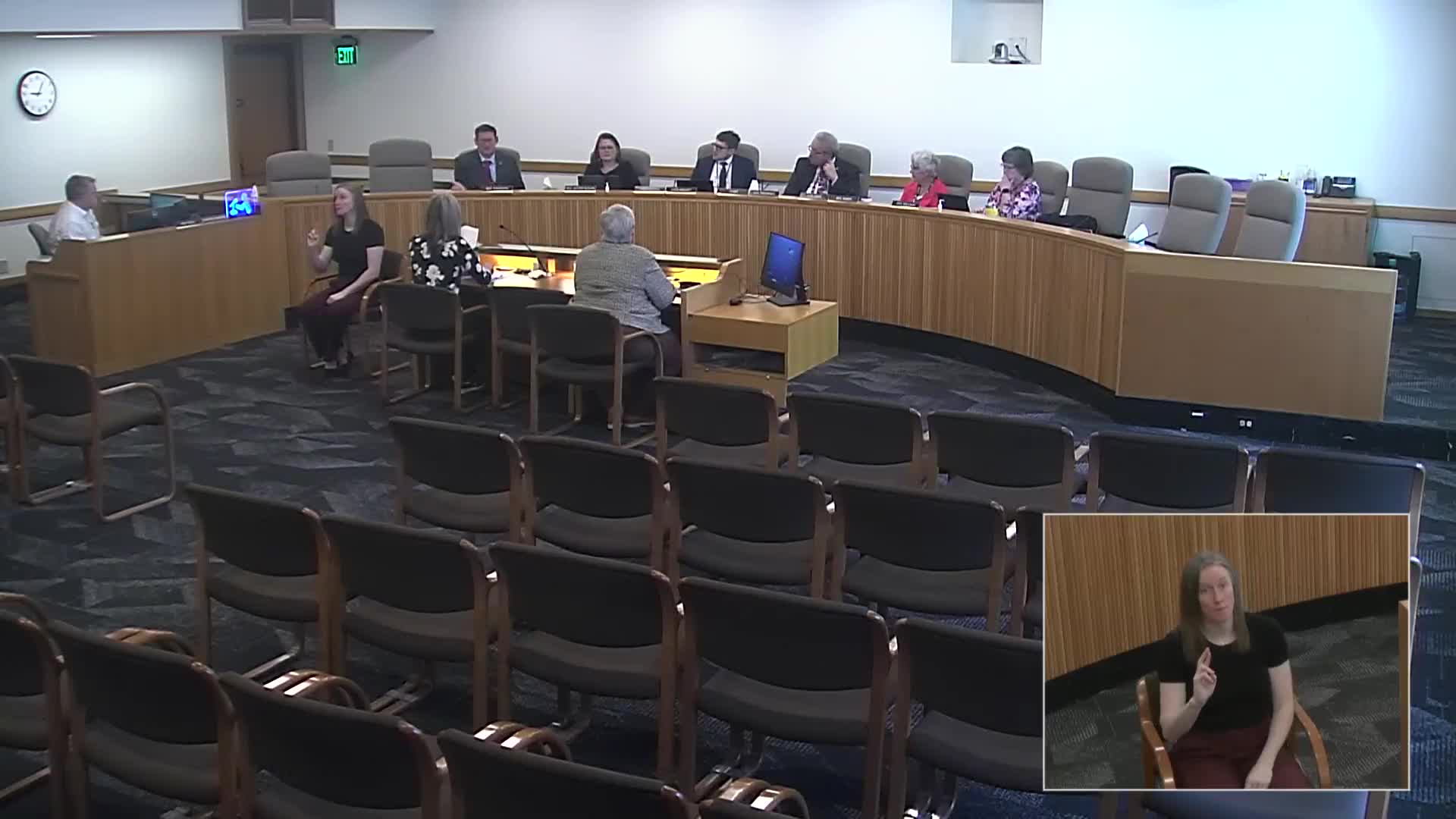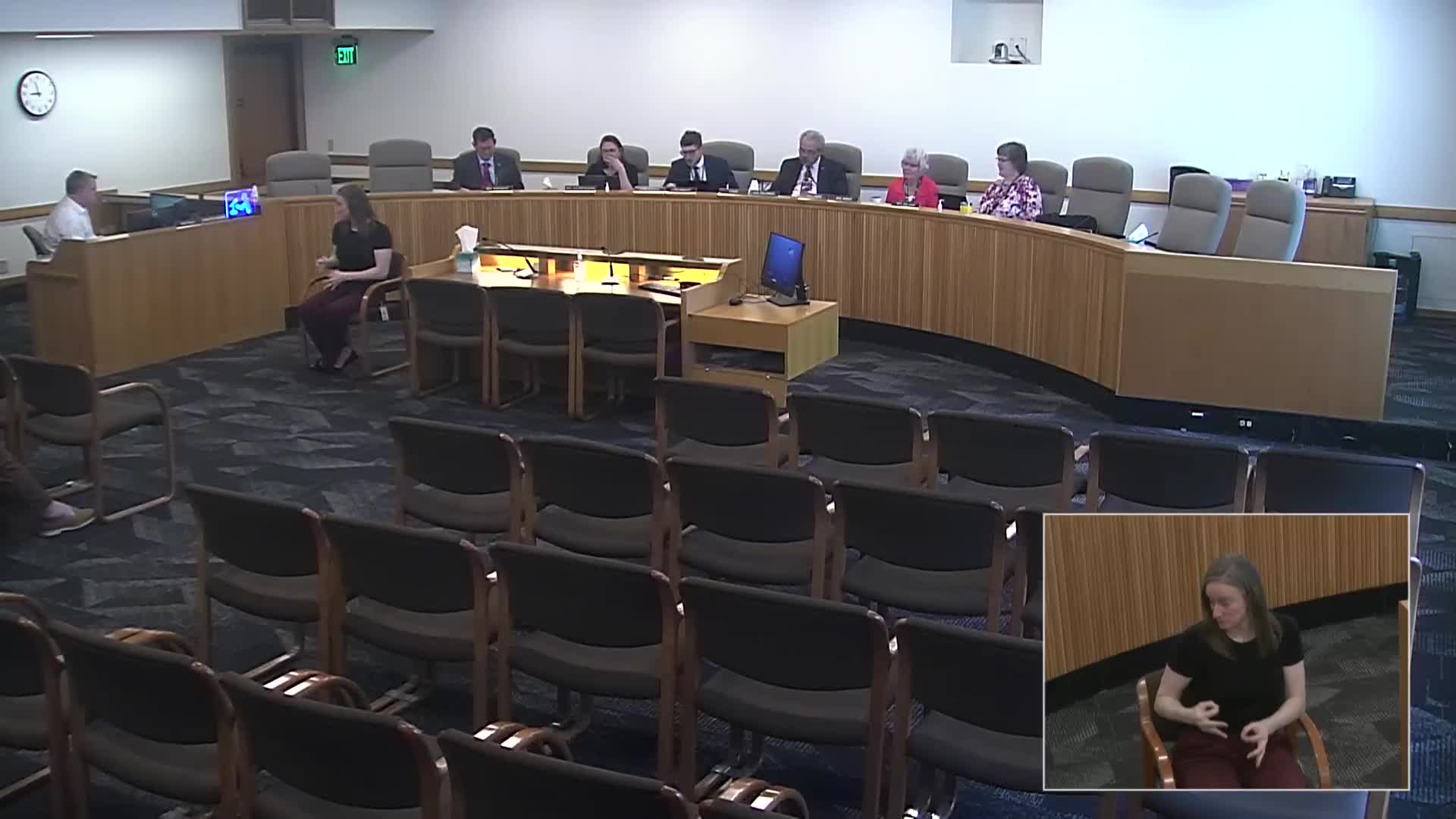Article not found
This article is no longer available. But don't worry—we've gathered other articles that discuss the same topic.

Oregon committee hears bills to guarantee daily recess and fund after-school activities at Title I schools

Senate hearing backs creating Oregon Campus Resilience Consortium to coordinate higher‑education emergency response

